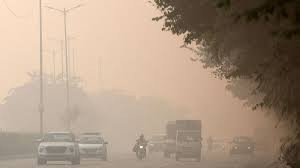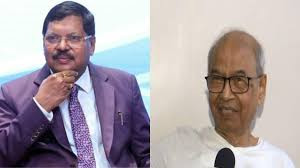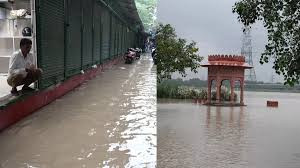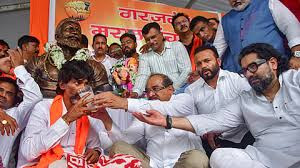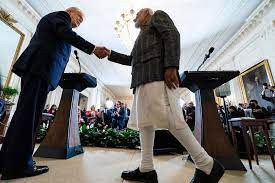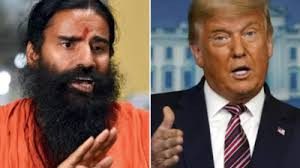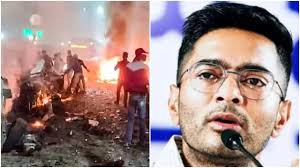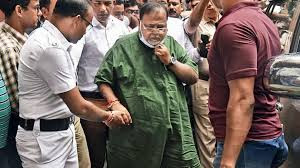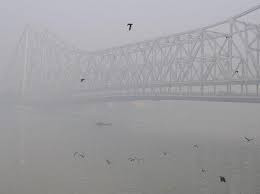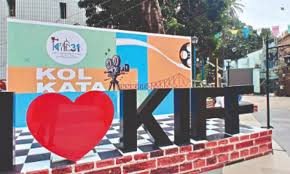Pahalgam Terror Attack: Probe Identifies 7 Militants, Including Up to 5 from Pakistan, Behind Massacre
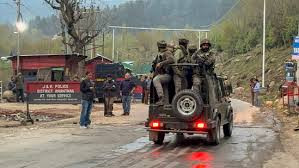
The gruesome terror attack that rocked Pahalgam’s Baisaran Valley in Jammu and Kashmir has taken a chilling turn, as initial investigations reveal that seven militants were involved in the massacre, including four to five foreign terrorists reportedly from Pakistan. The coordinated attack, which claimed the lives of 28 people, mostly tourists, and injured over 20 others, has triggered massive national outrage and intensified counter-terror operations in the region.
Security agencies, including the Jammu and Kashmir Police, Indian Army, and central paramilitary forces, have launched a massive manhunt in the upper reaches of the Pir Panjal mountain range, where the attackers are believed to have fled after executing the assault. The use of sophisticated weapons, strategic planning, and even body-mounted cameras by the terrorists point towards the involvement of a well-trained group, with backing and planning from across the border.
According to sources in the security establishment, the attackers included two or more local militants, while the remaining were foreign operatives suspected to be members of Lashkar-e-Taiba (LeT), a Pakistan-based terrorist organization. Investigators recovered video footage from devices left behind by the assailants, some of which have reportedly already been circulated by LeT through its propaganda channels to showcase the carnage — a pattern often seen in past high-profile attacks.
The probe so far indicates that the group had been planning the strike for several weeks and had scoped the area extensively. Authorities are currently analyzing how the Pakistani terrorists managed to enter Indian territory, with suspicions of cross-border infiltration routes along the Line of Control (LoC). Surveillance has been heightened in border sectors as infiltration attempts have traditionally increased during the summer months.
Union Home Minister Amit Shah personally visited the site of the attack and later convened a high-level security review meeting in Srinagar with senior officers from the Army, Jammu and Kashmir Police, Intelligence Bureau, and other central agencies. During his visit, Shah met with some of the injured and families of the deceased, assuring them of swift justice and stringent action against those responsible for the heinous act.
The Jammu and Kashmir administration has also announced monetary compensation for the victims’ families and free medical treatment for those injured. Meanwhile, sketches of at least three terrorists have been released to the public, and a reward of ₹20 lakh has been announced for information leading to their capture.
Officials emphasized that this attack was aimed at disturbing peace in the region and derailing the tourism season that had just started gaining momentum in the picturesque Pahalgam area. However, security forces remain resolute in their efforts to track down the attackers and neutralize the threat.
The Pahalgam terror attack marks one of the deadliest incidents in Jammu and Kashmir in recent years and underscores the persistent threat posed by cross-border terrorism. As the investigation continues, Indian authorities have vowed to intensify operations against terror groups and further isolate Pakistan diplomatically for harboring and facilitating such elements.
SEO Keywords: Pahalgam terror attack, Pakistan terrorists, Jammu and Kashmir violence, Lashkar-e-Taiba, cross-border terrorism, Baisaran Valley attack, Amit Shah Pahalgam visit, terrorist manhunt Kashmir, Pir Panjal operation, infiltration routes LoC, J&K police operation, Indian Army anti-terror action, Pakistan-based terror groups, Kashmir tourism attack, LeT propaganda, body cam video terrorists, sketches of terrorists released, terror probe India, Indian security agencies, cross-border infiltration, high-level security meeting, Union Home Minister Kashmir, Jammu and Kashmir terror alert, counter-terrorism India.
You might also like!


